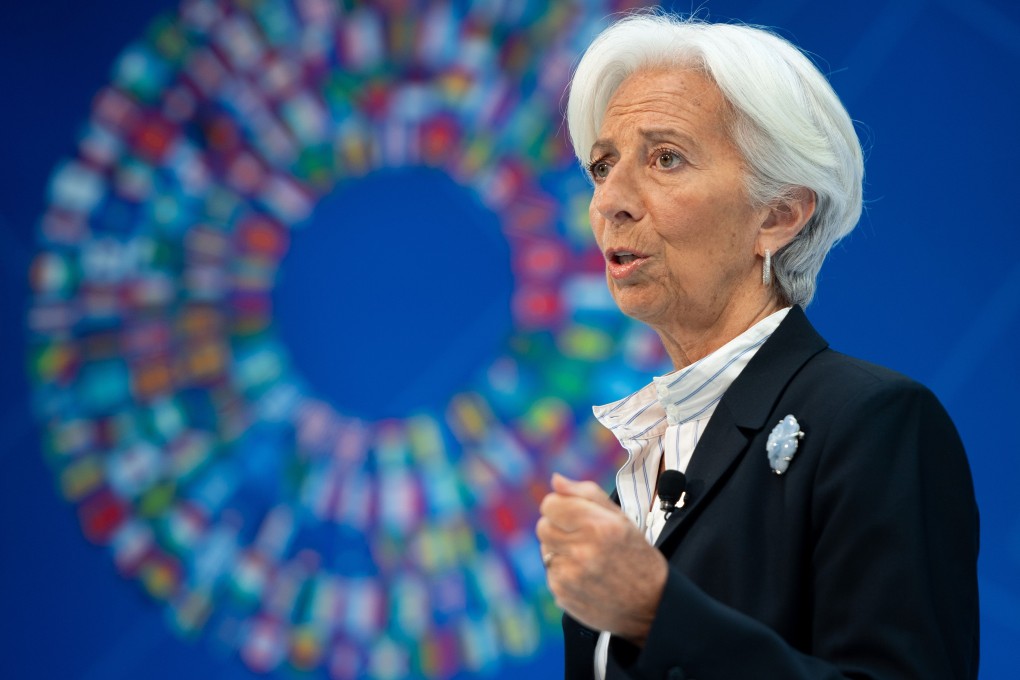Editorial | For China, Christine Lagarde is a hard act to follow
- Beijing will remember Lagarde’s friendly approach as head of the International Monetary Fund
- Her nomination to be European Central Bank president means China will still have an influential friend at the summit of international finance

From China’s point of view, Christine Lagarde will be a hard act to follow as managing director of the International Monetary Fund. Two years before her second five-year term is due to end, and one year into a trade war with the United States that shows no sign of abating, she has been nominated as president of the European Central Bank. China will still have an influential friend at the summit of international finance at a time of shifts in the balance of economic power – moreover one who will have a key policymaking role in China’s largest trading partner. But it also has a big stake in the contest among Europe’s top central bankers to succeed her at the international lender tasked with monetary cooperation, financial stability, fostering growth and promoting employment.
Lagarde’s appointment to run the IMF kept the convention that a European gets the job while an American runs the World Bank. What set it apart was the choice of a woman for the first time by the fund’s all-male board, and an unprecedented array of challenges including resolution of the euro-zone debt crisis. What she will be remembered for in China is a friendly approach that embraced an understanding of Beijing’s financial reforms and good personal relations with Chinese leaders, in particular Vice-President Wang Qishan.
Lagarde rose to prominence as French finance minister, particularly with her leadership during the global financial crisis. Public declarations of support for her IMF candidacy from China and the US sealed consensus. Later, a French court found her guilty of negligence as finance minister in failing to appeal against a judgment in a politically sensitive fraud case that ended up costing the French taxpayer more than 400 million euros before the courts reversed it. Her fate was ultimately in the hands of the IMF board of directors. Their expression of full confidence proved the right one. Her unanimous support included China – not surprising considering her backing for Beijing’s financial reforms and the yuan’s inclusion in the IMF’s Special Drawing Rights basket.
Ironically, speculation about her successor at the IMF centres on four European central bankers viewed as contenders for the ECB job – all men.
